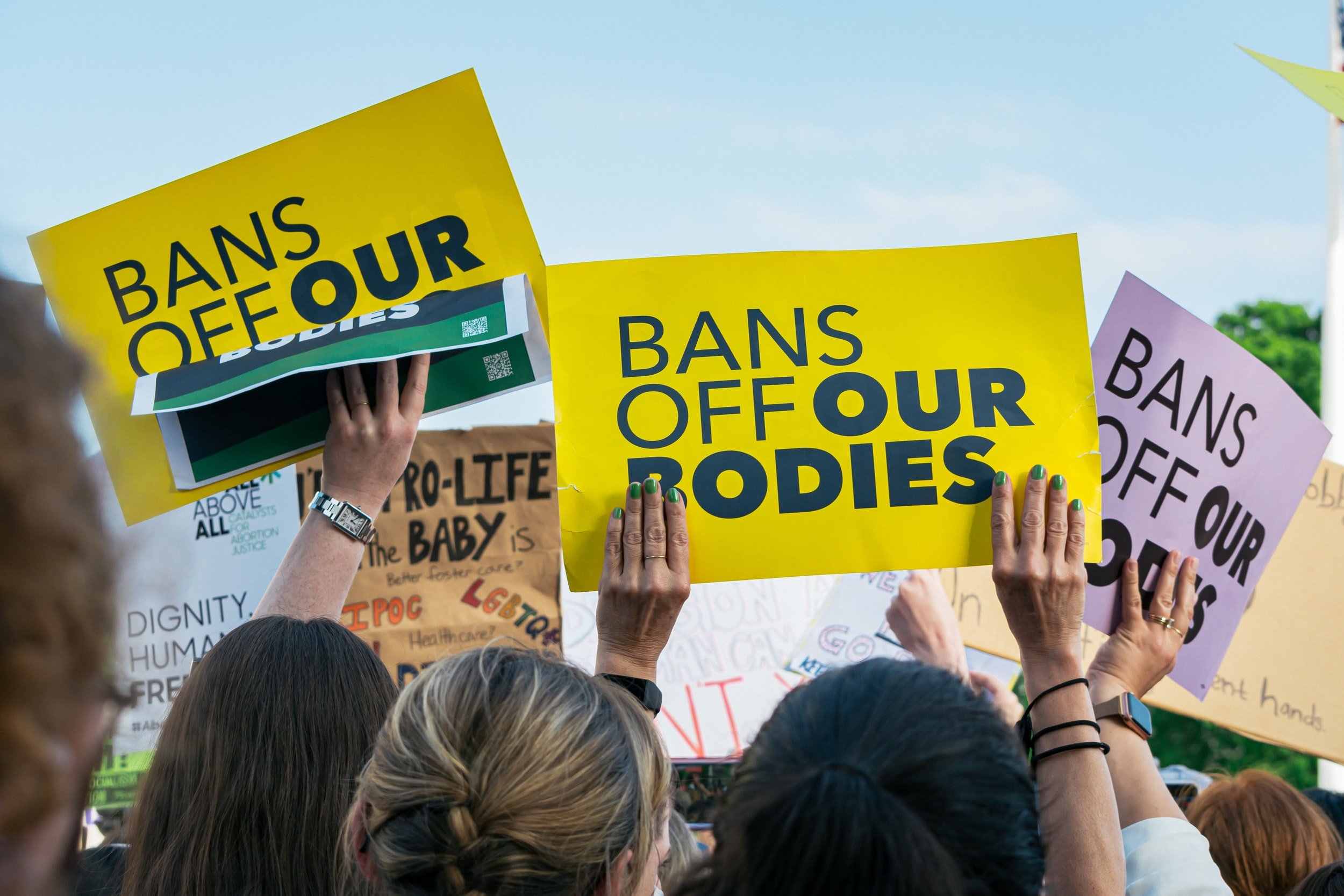However joyous the faithful may be over the leaked Supreme Court draft opinion suggesting it will overturn Roe v. Wade, this highly contentious news serves to heighten tensions in an already deeply-divided America. Pro-life Christians are being persecuted for their beliefs. Churches and pregnancy centers have been vandalized and set on fire. Abortion advocates have interrupted Masses, chanting the message, “Without abortion women can’t be free.”
Their provocative statement is a falsely empowering lie that, tragically, even some pro-life Christians believe. Rhetoric insisting that abortion is a woman’s right is embedded in our cultural consciousness, so much so that many are reluctant to condemn abortion even when they recognize the dignity of the fetus. This is where much of the dialogue on this issue remains gridlocked. Abortion is almost always painted as a conflict between the good of the mother and the good of the fetus. It is time we changed the conversation.
Far from being a basic “right,” abortion is deeply damaging to women; it is not the means to a level playing field that its avid supporters believe it to be. This faulty perception relies on decades of accepting a poor societal “solution” to the “problem” of women’s fertility. In addition to doing women serious physical and psychological harm, abortion contributes to a society that is less hospitable to women, not more so. Contrary to widespread misperception, abortion does not expand options for women; it has brought us merely the illusion of “choice.” Abortion is not an equalizer but an assault on women, a poison that masks the ailment but is slowly killing the patient.
In the United States today, women are woefully uninformed about the realities of abortion. By their own accounts, 84 percent of women who have had abortions felt they did not receive adequate counseling prior to the procedure; and 64 percent felt pressured to have an abortion. When women do receive in-depth counseling about potential side effects and risks, only 33 percent choose abortion, as opposed to the 94 percent of Planned Parenthood’s patients who choose the procedure. The implications? When informed about the health risks of abortion, the majority of women choose another option.
A view that is truly pro-choice and not merely pro-abortion is one that supports the disclosure of information about the risks associated with abortion. In order to make truly free decisions, women need all the information.
Tragically, they aren’t likely to get it from organizations like Planned Parenthood and the pro-abortion American College of Obstetrics and Gynecology (ACOG), both of which publicly declare abortion to be without risks. Their declarations grossly exaggerate the supposed “safety” of the procedure and fail to account for the spectrum of afflictions women can and do experience as a result of abortion.
Studies show a great deal of risk associated with abortion across the spectrum of women’s health and fertility. For example, one study revealed a 44 percent increase in risk for breast cancer after a single abortion, rising to 76-89 percent after multiple abortions. Complications from abortion can include scarring, Asherman’s Syndrome, and incompetent cervix, both of which can result in difficulty carrying future pregnancies to term.
